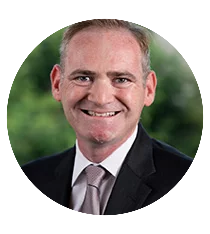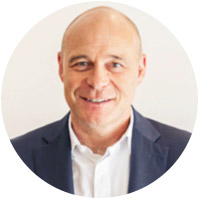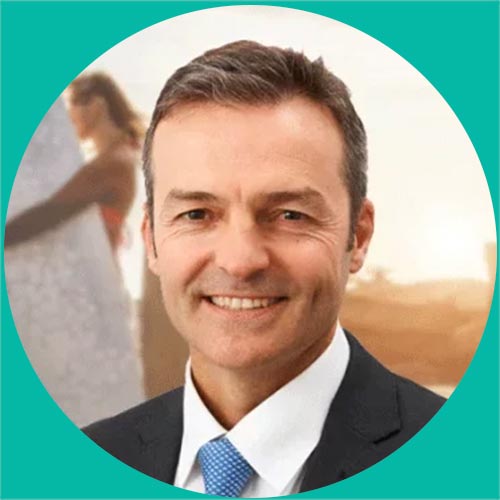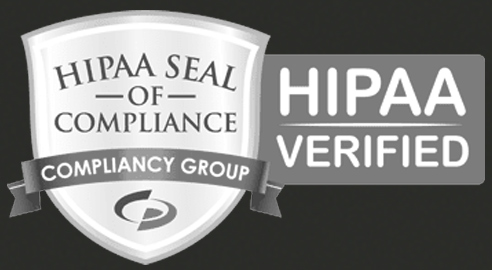Healthcare consultation skills: The Importance of Dominant Buying Motives
People buy on emotion and justify with logic
Finding out the emotional or Dominant Buying Motives of our prospects is sometimes not enough to make a sale. We must not only discover why our prospects would buy, but what would prevent them from becoming a patient as well. Therefore, in the next few blog posts I will discuss:
- The importance of the Dominant Buying Motive or motives.
- How to best uncover possible objections to purchasing our product
- Many questions that should be contained in a good discovery that will later help us to satisfy conditions and overcome objections later in the presentation
- Strategies in dealing with the tough prospect, who is either blocking us or won’t open up to us at all in the discovery
Well, first things first: what is the importance of the Dominant Buying Motive or motives? As discussed in previous posts, the Dominant Buying Motives of our prospect may be defined as a hope for gain or a corresponding pain.
A prospect usually has more than one reason for purchasing your product. It is our job to uncover those reasons and continuously reinforce them throughout the sales process. Reinforcement is accomplished through summation phrases and third-party stories.
People buy on emotion and justify with logic.
We all know this intellectually, but most health care practitioners that I come in contact with, after hearing “We want to think about it”, or getting “We never commit on anything without sleeping on it first” immediately either withdraw completely or pull out the logic and they attempt to ram it down their prospect’s throats.
In the latter case, they might say: “What do you mean you need to think about the money? What do you mean you need more time? Can’t you see we have the best results? The best technology in the market? The best surgeon on the planet?”
People are buying on emotion. If the emotion is strong enough, the logic doesn’t matter.
If our prospects truly believe that surgery will restore their vitality, or keep them safe, or make them feel more confident, do you really think they care that they need to pay a £500 deposit and they need to take a week off work to recover? No.
I believe that sometimes a prospect spurts out an objection simply because she’s getting so emotionally involved that she’s scared he’s going to lose control and buy something. Therefore, our ability to answer and not over-answer objections is critical.
We must realise however, that some objections are real. Some of the concerns of our prospects are important, and if left unattended will prevent them from making a purchase decision.
Therefore it is paramount that we uncover objections to purchasing our product early in the discovery, unveil new objections that may arise as we’re selling, and make certain that we’ve answered them sufficiently by asking trial closes.
Just what are the objections that people may have to purchasing our product? And more importantly, how do we make certain to uncover those ones, without creating new ones.
Remember, people are buying on emotion. If the emotion is strong enough, the logic doesn’t matter.
It is important that we distinguish what I call an objection from a condition. A condition is something that I believe must always be satisfied and is fairly universal for every prospect. While an objection on another hand, generally has to do with the product itself and is specific to each prospect.
We’ll talk more about satisfying the universal conditions and handling objections in further blog posts.
NOTE: The best way to answer that nagging question about practice growth or marketing or patient volume in the back of your mind is to book a free 15-minute compatibility call. Get some options and go away with a clear idea of what’s possible.
About the author

LiveseySolar
LiveseySolar’s mission is to double the size of 150 cataract and refractive surgery practices. Using our proven marketing frameworks and deep market knowledge, our customers can predictably and sustainably grow their practices so that they can enjoy a healthy balance between both worlds – a successful private practice and a happy life.
Related Posts
Meet our Co-Founders
We’re passionate about helping leaders of high-quality, growth-minded practice owners double their practice revenue
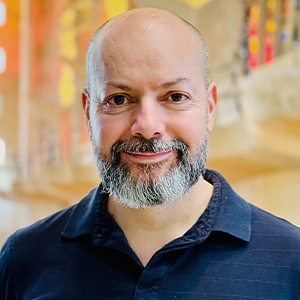
Rod Solar
Founder & Scalable Business Advisor
For over 20 years, I’ve helped ophthalmology entrepreneurs scale their private practices. I specialise in doubling revenue within three years by offering a proven framework, hands-on experience, and a team of experts who implement what works. We take the guesswork out of growth and scale, so you can focus on delivering exceptional patient care while maximising the value of your business.
LiveseySolar completely transformed the way we were approaching this… We’ve gone from having just the dream of having a practice to having a practice up and running with people making inquiries and booking for procedures… It’s extremely pleasing. We feel lucky we connected with LiveseySolar.
— Dr Matthew Russell, MBChB, FRANZCO, specialist ophthalmic surgeon and founder of VSON and OKKO
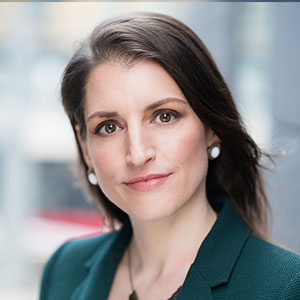
Laura Livesey
Founder & CEO
I’m the co-founder & CEO of LiveseySolar. I’ve developed powerful eye surgery marketing systems that increase patient volumes and profits for doctors, clinics, and hospitals, since 1997.
Rod and Laura know as much about marketing surgery to patients as I know about performing it. They are an expert in the field of laser eye surgery marketing. They know this industry inside out. I believe that they could help many companies in a variety of areas including marketing materials, sales training and marketing support for doctors.
— Prof. Dan Reinstein, MD MA FRSC DABO, founder of the London Vision Clinic, UK


